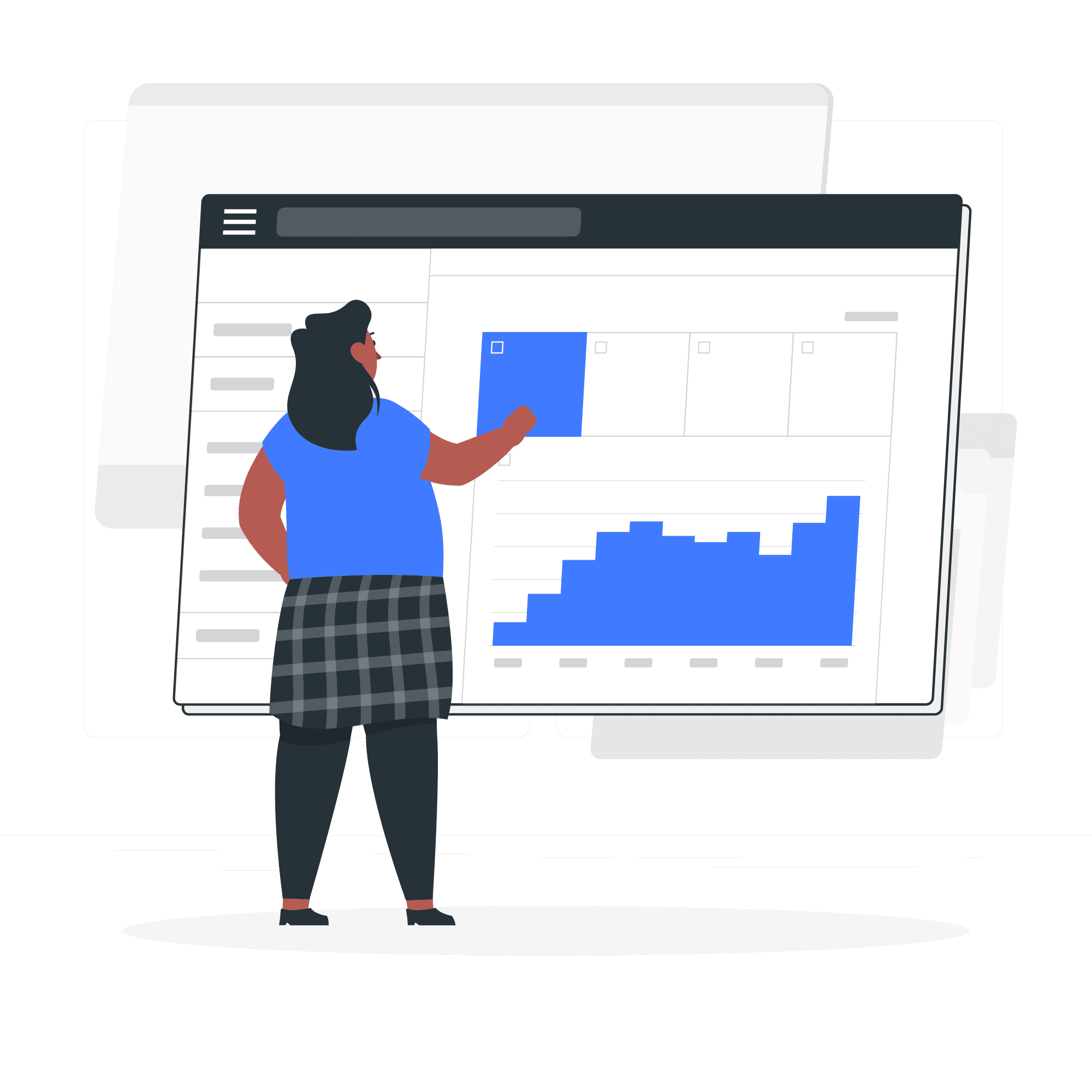21 SEO Tips, Tactics, and Trends for Website Content in 2021 (Part 1)
Will Google reverse the natural search landscape in 2021? I doubt it. While change is inevitable, you can survive these changes or gain an advantage over others with a little vigilance. But don’t expect any help from the relentless downward trend of search engine results pages.
Like any good marketer, Google also pays attention to the needs of its audience and searchers. The search engine, which tends to produce relevant results, is constantly upgrading its technology and relying on artificial intelligence to support its results. For example, Google’s focus on natural language processing, which includes the intent and content of the search, is on the rise. Fortunately, marketers are still seeing a surge in visitor traffic to Google and other major search engines. According to Bright Edge data, organic search accounted for 53 percent of website traffic in 2019. Don’t expect that number to change much from 2019. Here are 21 tips and reminders to help you with your SEO efforts in the year ahead. Use tactics and insights that align with your goals. Before we go into the full list of recommendations, keep in mind that after a search engine optimization formula is reset, the ranking factors for sites will eventually align correctly 100% of the time. The emergence of a new item means a very small change in the weight of another variable, such as the title or backlinks.

1- Get ready for more hype around core web essentials.
In May, Google is expected to combine its main site with other mobile-friendly websites, safe search, blocking algorithms, and HTTPS security. For marketers, this shows that Google cares about how users visit websites. The main requirements include the Site Development standards, which assess users’ experience with a site (including speed, consistency, and overall responsiveness).
You can use Google Search Console and related extensions to understand how Google evaluates your site. Google says that the factors that influence page rankings “depend on hundreds of signals that Google considers when generating search results.”
You won’t know the impact of experience on your page. But it can have a positive or negative impact on hundreds of signals in your ranking. According to Google’s main search center, “Good overall information is the most important factor in page rankings, although the pageview experience is also important. Great page views are no substitute for great page content.”
Remember that Google is what people see on their mobile (i.e., mobile-first index). A poor user experience is bad for your site’s SEO. Things like relevance, prominent use of keywords in page titles, headings, backlinks, and more are essential to a page’s ranking, even if it’s mobile-first indexed. Test your site using a mobile-friendly test. Addressing your site’s needs should be a priority in 2021.
2. Enjoy the benefits of snippets.
In October, Google announced that it could index sections (snippets) within a page in addition to indexing pages. Consider a fifteen-paragraph website. Before these changes, the fourteenth paragraph didn’t matter much to Google. After all, it was at the bottom of the page and was a small part of the page’s content. Perhaps it was the main point of the content or the main answer to a search query. Now Google says it can identify the useful snippet that will help a page rank higher. Here’s how Google describes it:
“By better understanding the relationship between specific variables, the information you need can be found like a needle in a haystack. With the deployment of this technology globally, searchability will improve by 7% across all languages.”
3. Pay attention to topic subheadings.
Google expects to generate better results for specific topics. As Google explains in the same announcement: “If you search for ‘home gym equipment,’ we can now understand relevant subheadings like budget, equipment, top picks, or small space ideas and generate a wider range of content for you on the search results page. My sense is that it will be hard to rank for general search terms, and it will be easier to rank for specific search terms.
Your site needs to use specific keyword phrases to succeed in topic subheadings. With recent advances in machine learning and artificial intelligence, there’s no need to repeat this phrase throughout your site’s overall content. Incorporate it into your content and then support it with similar phrases. Maybe your phrase is “cold weather running gear.” Work the title into your page title, header content, etc. But use related phrases, including image names and phrases like “coat” and “running in the rain” in your text.


